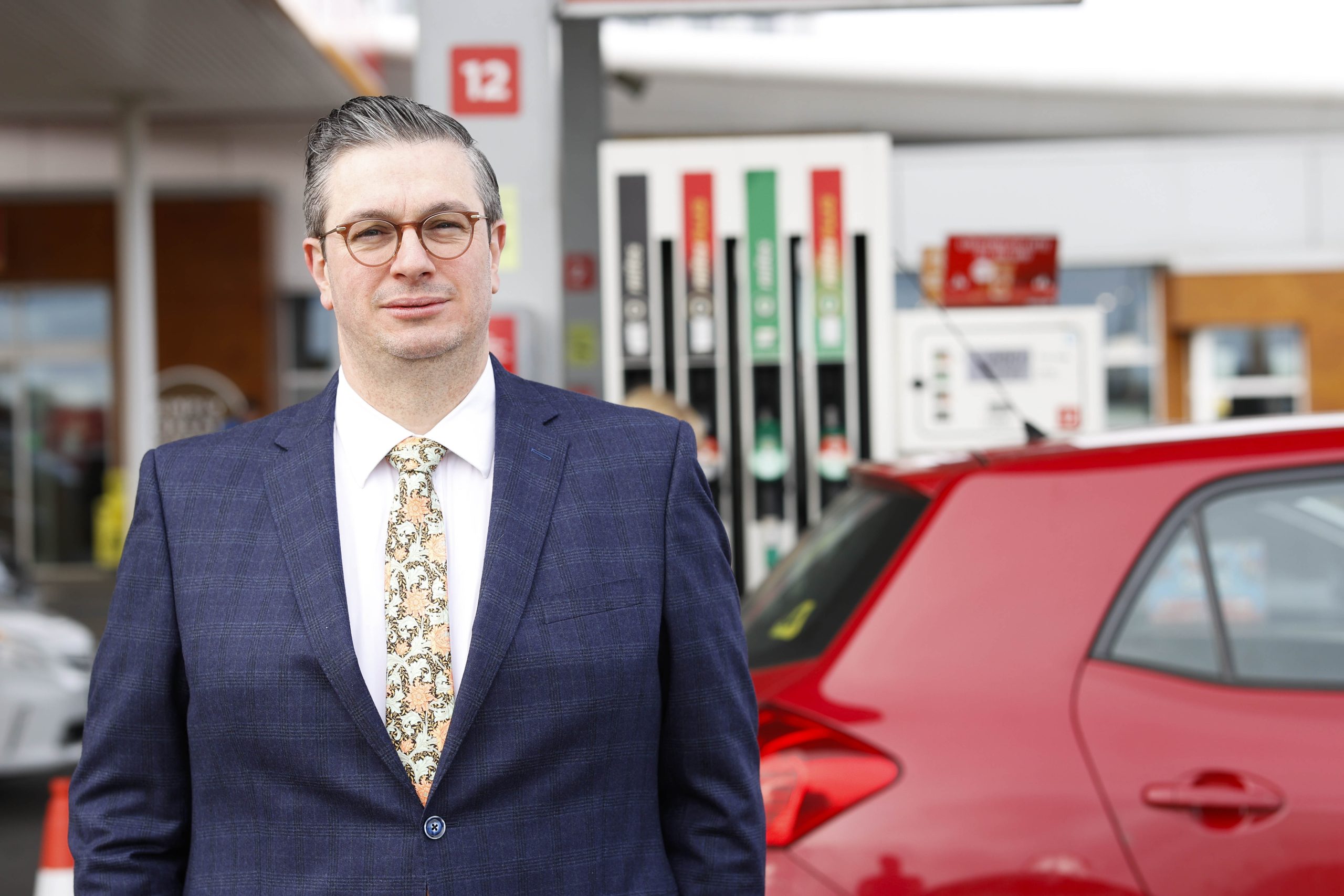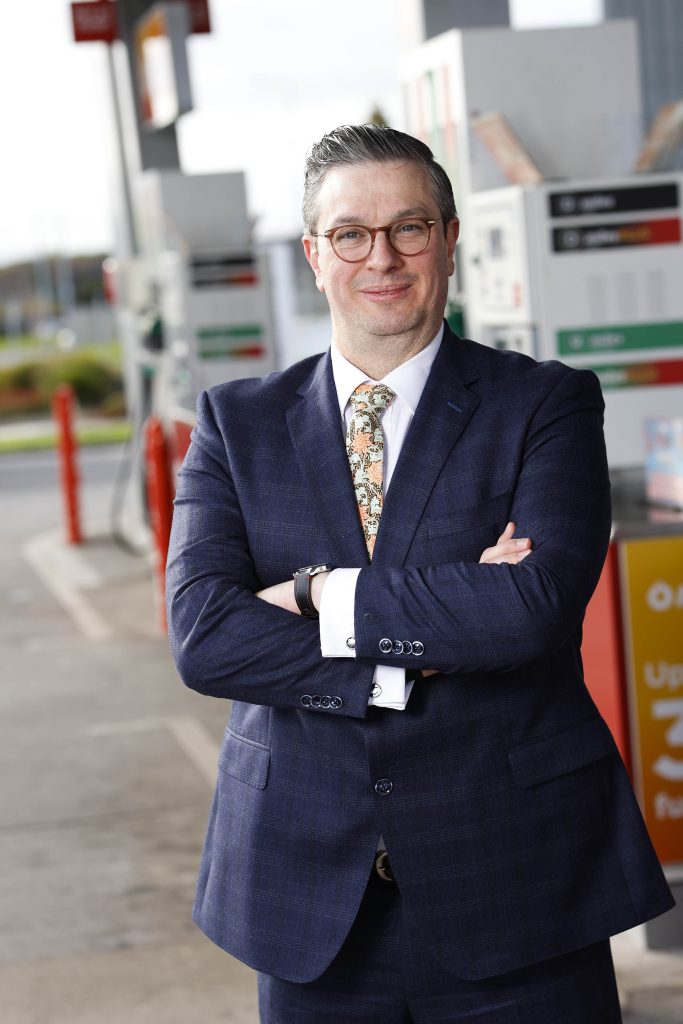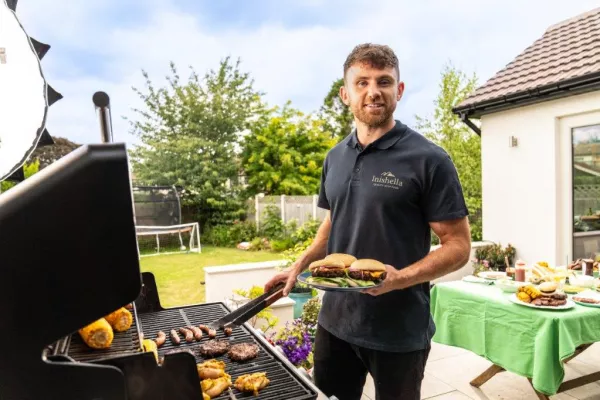Ireland stands at a Climate Crossroads – Decisions made now will shape our collective destiny

By Kevin McPartlan, CEO of Fuels for Ireland
Members of the Oireachtas had already returned to spend Christmas in their constituencies when Government launched the latest iteration of the Climate Action Plan and so it did not face a great deal of scrutiny, but I feel compelled to highlight the stark misalignment between ambition and practicality. Ireland stands at a climate crossroads and our decisions now will shape our social, economic and environmental destiny.
‘Ideological Purity’
The Government’s climate targets are commendable, but the urgent need is for practical, impactful, real-world action – not targets. Unfortunately, the Climate Action Plan 2024, while ambitious, often falls into the trap of what I term as “ideological purity.” While targets are set consistently, what’s lacking is the pragmatism required for immediate carbon emission reductions.
Our approach to decarbonising transport is a great example. The Government keeps setting targets for the number of electric vehicles on Irish roads, and when those targets are missed, they just set a new one. Even now, the Minister still refers to a situation in 2030 where close to a million EVs will be registered in the State, despite the fact that one would struggle to find anyone in the motor-trade, the Department of Transport or any other body with skin-in-the-game who truly believes this will transpire.
Minister’s Silence
Contrast this with the Minister’s silence when we moved to E10. In a matter of weeks, we reduced emissions from the transport sector by more than all the EVs on Irish roads today. Eamon Ryan didn’t want to discuss this. Didn’t want to acknowledge the fuel industry’s contribution to addressing the climate emergency to date – or to allow us to have the maximum positive impact that we can in the transitions to net-zero and beyond.
He will argue that supporting low carbon liquid fuels encourages using traditional cars with combustion engines, when he just wants us all to switch to EVs. I advocate for a nuanced approach where advanced, synthetic and biofuels work in tandem with EVs to reduce transport emissions. Placing all bets on electric vehicles while ignoring other sustainable energy sources for transport actually makes meeting our 2030 targets even harder.
Government focus
The Government focus is on electrifying the entire private transport fleet. While this sounds neat, electrifying every single vehicle is simply not realistic. This is particularly true for heavy goods vehicles where the weight of batteries poses significant challenges in fully transitioning the vehicle to an EV. Even if we envision a future with all cars and light-duty vehicles electrified, the timeline for such a transition is long. The question then becomes whether we accept current pollution levels or proactively reduce them as we transition? This is where a technology-neutral approach becomes imperative, focusing not on predefined targets for specific technologies, but on an overall reduction in emissions.

Carbon emissions
In 2022, Ireland’s transport sector, a notable source of carbon emissions, saw a dramatic increase in activity and sales in petrol and diesel, but not a proportional rise in emissions – indicating lower emissions per litre.
This discrepancy is attributed to the growing use of low carbon liquid fuels. Data from the National Oil Reserves Agency revealed petrol sales rose from 820 million to 920 million litres, and diesel sales increased from 3.3 billion to 3.6 billion litres in 2022.
Therefore, contrary to the significantly higher fuel usage by the transport sector in 2022, the reported 6% emission increase suggests lower emissions per litre, highlighting the potential environmental impact mitigation through increased use of low carbon liquid fuels.
Advanced biofuels
In my discussions as CEO of Fuels for Ireland, I’ve highlighted the potential of advanced biofuels, such as Hydrotreated Vegetable Oil (HVO), as a practical bridge to reduce carbon emissions in the short term. Yet, the Government’s reluctance to embrace a technology-neutral approach hampers progress. It’s not about pitting biofuels against electric vehicles; it’s about employing all available tools in the arsenal to combat climate change and get to net zero.
Effective collaboration
One success story stands out – Fuels for Ireland’s members last year quietly facilitated a switch to E10 petrol with government coordination. This move yielded more carbon emissions savings than all the EVs on Irish roads combined. It exemplifies what can be achieved when industry and government collaborate effectively. Why not replicate this success across the broader spectrum of sustainable fuel options?
Ireland’s first 50-million-litre biofuel storage terminal, and the announcement of biofuel plant to open in Derry signals a step in the right direction. However, for biofuels to truly make an impact, the Government must make them financially viable for consumers. The current scenario, where consumers pay more for HVO than traditional diesel, is untenable.
Future energy mix
The conversation extends to the unpredictability of the future energy mix. My reservation about predicting the market for liquid fuels a decade from now stems from the dynamic nature of the industry. The fuels my members will be selling in the future may not even be on the market today. Embracing a technology-neutral stance allows for flexibility in adapting to evolving technological landscapes, ensuring that our strategies align with the changing contributors to emission reduction.

Efficacy over ideological purity
My plea is for efficacy over ideological purity. If we truly seek tangible results in decarbonising transport, a holistic, technology-neutral approach is the key. The focus should be on reducing emissions by a specified percentage, allowing for adaptability in the face of evolving technologies and market dynamics. Only through a collaborative and open-minded strategy can we address the immediate challenges and lay the groundwork for a sustainable, low-carbon future.
This Government’s fixation on heat pumps as the sole solution for domestic heating is similarly problematic. While heat pumps are undoubtedly a valuable technology, insisting on a one-size-fits-all approach disregards the reality that 200,000 to 400,000 oil boilers will still be in operation by 2030. A technology-neutral stance would allow for a diversified strategy, acknowledging the unique challenges posed by older homes and the varying needs of our citizens.
Significant hurdles
The recent emphasis on achieving 400,000 energy upgrade retrofits by 2030 faces significant hurdles. The shortage of skilled tradesmen and the structural limitations of older houses make this target another uphill battle. Heat pumps cannot be the exclusive solution; alternatives, including advanced biofuels, must be explored and incentivised.
In the realm of taxation, the Government’s use of excise duties on all fuels, regardless of their carbon emissions, is a blunt instrument. Biofuels, with their lower emissions, deserve differentiated treatment. I commend the pledge to introduce a Renewable Heat Obligation (RHO) by 2024.
Critical juncture
Ireland now faces a critical juncture where the decisions made today will reverberate for generations. The Government’s commitment to decarbonisation is worthy, but it requires a pragmatic re-evaluation. It’s time to acknowledge that a perfect fuel or solution may not exist today, and that’s okay. The pursuit of ideological purity should not impede practical policy changes that can make an immediate impact on our carbon footprint.
Fuels for Ireland members have also proposed a comprehensive review of fiscal policies related to energy for transport and heating. We need innovative taxation strategies that encourage the transition to low-carbon liquid fuels to power vehicles and homes without burdening consumers. Biofuel certificates and similar mechanisms can put advanced fuels on the map, providing a tangible pathway to sustainability.
A greener tomorrow
The road to a sustainable future is winding, but by leveraging all available tools and fostering collaboration between industry and government, we can navigate Ireland toward a greener tomorrow.









